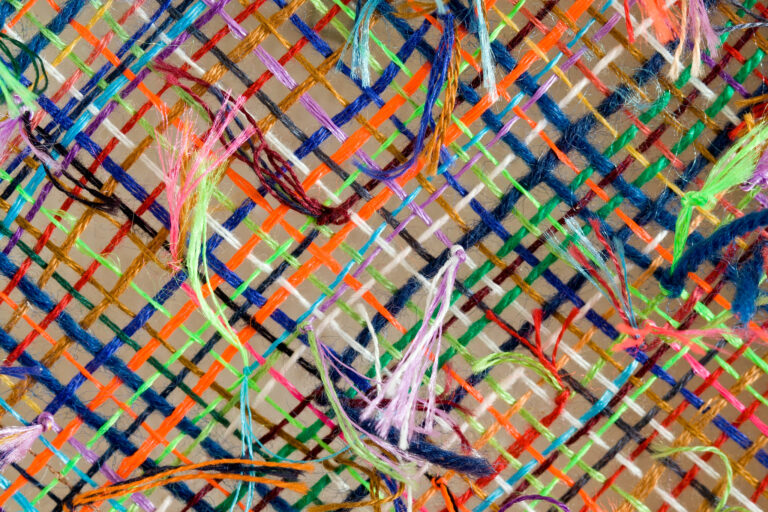Ronak K. Kapadia’s deeply conversant and well researched Insurgent Aesthetics: Security and the Queer Life of the Forever War brings queer, affect-oriented methodologies to bear on an analysis of Arab, Muslim, and South Asian diasporic art. It is these communities after all, Kapadia points out, who undergo increased scrutiny in the United States and Europe after September 11, 2001. According to the author, these diasporic artists engage in an insurgent aesthetic “against empire’s built sensorium,” which is a visual cultural practice that offers an alternative embodied critique of “US empire’s perverse logics of carcerality, security, and war” (10).
Articles by Eric Vazquez
Eric Vázquez is assistant professor in American studies and Latino studies at University of Iowa. His scholarship emphasizes the cultural, political, military, and economic bonds that link populations and institutions in the United States to Central America. In his current book project, States of Defeat: US Imaginaries of Central American Revolution, explores how thwarted ambitions for revolution in Nicaragua, El Salvador, and Guatemala give rise to ambivalent, outraged, cynical, and mournful affects for novelists, intellectuals, immigrants, and military technocrats living in the US. His work has been published in Modern Fiction Studies, Theory and Event, and Latino Studies.
